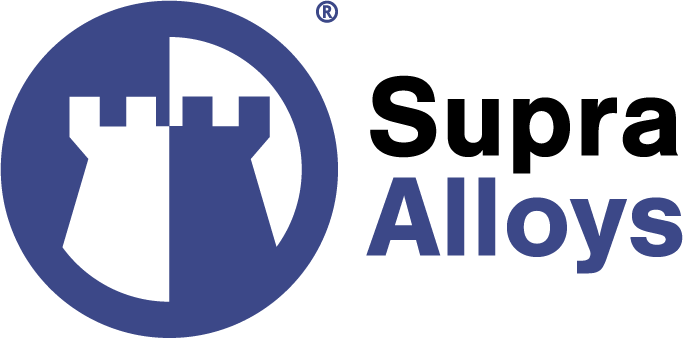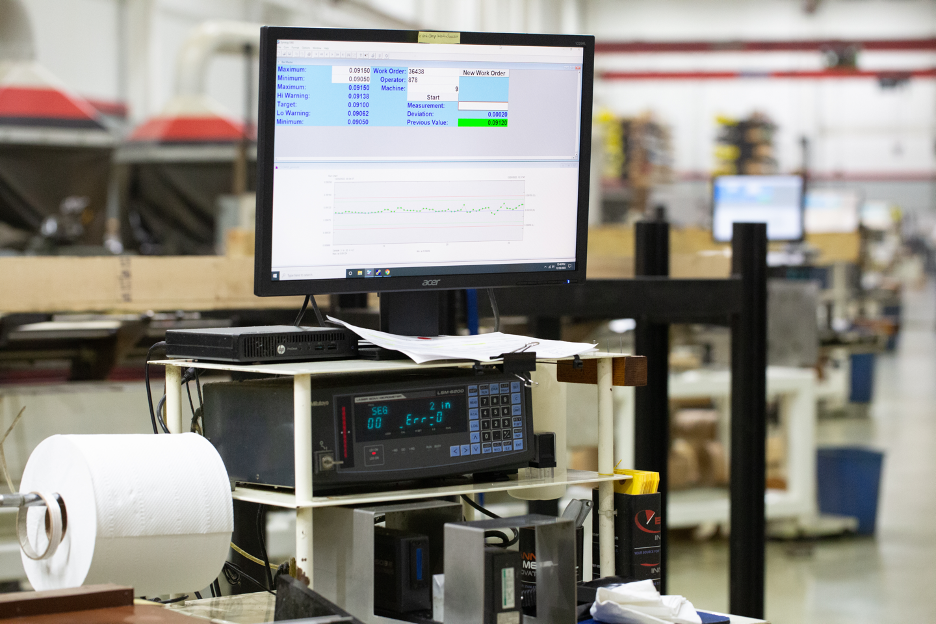Chemical milling is a highly specialized manufacturing process that plays a crucial role in various industries. It involves selectively removing material from metal parts by using chemical etching solutions. This process not only allows for the creation of intricate designs and shapes, but it also provides a range of benefits that traditional machining methods cannot match.
Below, this chemical milling company in Newark, New Jersey is going to explore the history, process, applications, advantages, and challenges of chemical milling, shedding light on its hidden potential in modern industries.
The History of Chemical Milling
The roots of chemical milling can be traced back to the early 20th century when it was primarily used in the aerospace industry. During World War II, chemical milling gained prominence as a technique for producing lightweight aircraft components. Over time, it expanded its reach into other sectors — such as electronics, automotive, medical devices, and even jewelry manufacturing. The evolution of chemical milling has been driven by advancements in etching solutions, process automation, and the ability of chemical milling companies in Newark, New Jersey to work with a wider range of materials.
The Process of Chemical Milling
Chemical milling involves several steps that ensure precise and controlled removal of material. The first step is the preparation of the metal surface, which includes degreasing, cleaning, and masking. Masking involves covering areas that are not intended to be etched using a variety of materials, such as tapes, paints, or photoresists. Once the surface is prepared, it is exposed to an etching solution, typically an acid or a base, depending on the type of metal being processed. The etchant selectively dissolves the exposed areas while leaving the masked regions unaffected. This differential etching creates the desired shape or pattern on the metal part.
Applications of Chemical Milling in Modern Industries
Chemical milling can be found in various industries due to its versatility and precision. In the aerospace sector, it is used to produce lightweight components such as aircraft skins, wing panels, and engine parts. The electronics industry relies on chemical milling to create intricate circuit boards, connectors, and heat sinks. In the automotive industry, it is utilized for manufacturing fuel injector nozzles, gears, and transmission components. Medical device manufacturers employ chemical milling to produce implants, surgical instruments, and orthopedic devices. The jewelry industry also benefits from chemical milling, as it allows for the creation of intricate designs and patterns on precious metals.
The Advantages of Chemical Milling
Chemical milling offers numerous advantages over traditional machining methods. First, it allows for the production of complex and intricate designs that would be difficult or impossible to achieve with conventional machining. The process also allows for precise control over the material removal, resulting in tight tolerances and high accuracy. Additionally, chemical milling produces smooth and burr-free edges, eliminating the need for secondary finishing operations. It is a cost-effective process, as it minimizes material waste and reduces the need for extensive post-processing. Furthermore, chemical milling is a non-contact method, which means delicate or fragile parts can be processed without the risk of damage.
Challenges and Limitations of Chemical Milling
While chemical milling offers numerous benefits, it is not without its challenges and limitations. One of the primary challenges is the selection and control of the etching solutions. Different metals require specific etchants, and maintaining the proper concentration, temperature, and exposure time is critical for achieving the desired results. The process also generates hazardous waste, which chemical milling companies in Newark, New Jersey must handle properly to comply with environmental regulations.
Moreover, chemical milling is a subtractive process, meaning once material is removed, it cannot be restored. This limits the ability to make modifications or corrections once the etching process has begun. Furthermore, the masking process requires skilled technicians, and it can be time-consuming for complex designs.
Looking for a Chemical Milling Company in Newark, New Jersey?
Are you ready to partner with a chemical milling company in Newark, New Jersey that can meet the needs of your business? If so, Supra Alloys is the company to call. With years of experience and a team of skilled professionals, we specialize in providing precise and reliable chemical milling solutions for a wide range of industries.
Contact us today at 1-888-647-8772 to discuss your needs.


